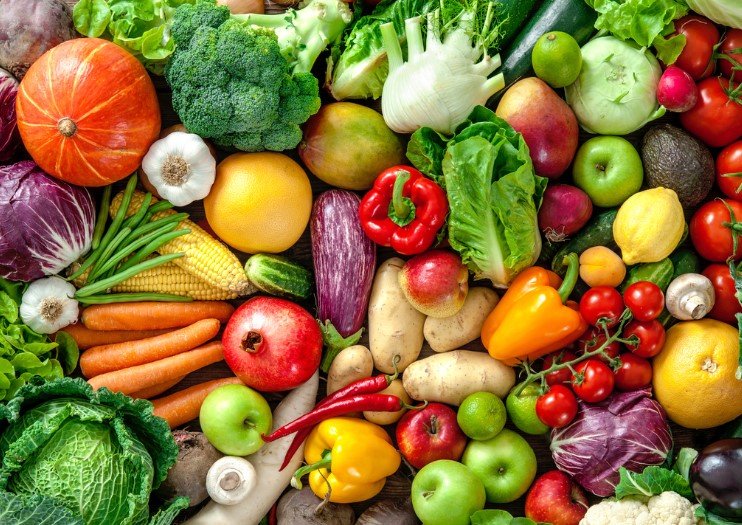Egypt has scored a major win in global agriculture, ranking second worldwide in 2024 exports of temporarily preserved vegetables — a sign the country’s food sector is punching above its weight in international markets.
A Milestone for Egypt’s Agri-Exports
The latest report from the Food Export Council puts Egypt’s export volume at 54,000 metric tons in this niche but high-value category, officially coded as HS 071190. That’s worth $66 million in revenue and represents 15.4% of all global exports in the sector.
It’s not a fluke either. Between 2020 and 2024, Egypt’s annual value growth averaged 15%, with export volumes rising 12%. Those numbers are rare in processed agricultural goods, where many exporters are struggling with price swings and shifting demand.
Even in the volatile trade environment of 2023–2024, Egypt’s performance stayed strong — up 10% in value despite supply chain bottlenecks and global inflation. That speaks to something bigger: resilient production systems and trust from foreign buyers.
Who’s Buying Egypt’s Vegetables?
Five main markets dominated Egypt’s preserved vegetable exports last year, and they read like a map of both traditional and high-standard economies.
-
Italy – $33 million (51%)
-
United States – $8 million (12%)
-
Germany – $7 million (10%)
-
Spain – $4 million (5%)
-
Russia – $3 million (5%)
Italy’s outsized share tells its own story. The Mediterranean food industry relies heavily on semi-processed vegetables for sauces, pickles, and ready-to-cook meals, and Egypt has positioned itself as a dependable supplier.

The United States and Germany bring something else to the table: strict food safety regulations. Egypt meeting — and keeping — those standards means its exporters can aim for even more competitive markets without major overhauls in production.
Beyond Just Numbers — Why It Matters
One reason this ranking matters is diversification. Egypt has been heavily dependent on fresh produce exports like citrus, grapes, and onions. Preserved vegetables open a different door — one less tied to the short shelf lives and weather swings that hit fresh products.
It also changes Egypt’s trade resilience. In years of climate stress or sudden market restrictions, preserved vegetable exports can act like a stabilizing income stream for both farmers and processors.
For global buyers, Egypt’s offer ticks several boxes:
-
Cost-competitive pricing compared to European suppliers
-
Year-round availability thanks to climate advantage
-
Compliance with international quality and traceability standards
That last point — traceability — is becoming a bigger deal in global trade. Buyers want to know exactly where their food comes from, and Egypt’s export council has been investing in systems to make that possible.
The Road Ahead: Opportunity and Pressure
The Food Export Council sees strong potential for expansion, especially into Asia and Latin America, where demand for processed and semi-processed vegetables is growing as urban populations seek convenience.
But there’s a flip side. Increased global attention means Egyptian exporters will face tighter sustainability scrutiny, from water usage to packaging materials. European markets in particular are already moving toward stricter environmental trade rules.
Egypt’s advantage is its integrated supply chain — from farms to processing plants — which can adapt more quickly than fragmented systems in some competing countries. If exporters play it smart, they could turn sustainability demands into a selling point rather than a hurdle.
Looking at the Numbers in Context
A quick snapshot of Egypt’s performance over the last five years compared to global market trends shows why this 2024 result stands out:
| Year | Egypt Export Volume (Metric Tons) | Value ($ Million) | Annual Growth Rate (%) | Global Rank |
|---|---|---|---|---|
| 2020 | 38,400 | 38.3 | — | 4 |
| 2021 | 42,900 | 44.5 | +16% | 3 |
| 2022 | 46,200 | 51.0 | +15% | 3 |
| 2023 | 49,100 | 60.0 | +17% | 2 |
| 2024 | 54,000 | 66.0 | +10% | 2 |
That leap from 4th place in 2020 to 2nd place in 2024 wasn’t just about selling more — it’s been about building the systems, certifications, and relationships that let Egypt compete at the top level.
A Strong Signal for Egypt’s Food Industry
For policymakers, this ranking is more than a trade statistic. It’s a sign that targeted support for processing industries can pay off in export competitiveness.
And for farmers, it means a potentially steadier market. Preserved vegetables can be produced from surplus fresh crops, reducing waste and providing income even when fresh prices drop.
Global agriculture is getting more competitive every year. For Egypt to carve out such a solid second place — and keep growing — is proof that it’s possible to mix tradition, innovation, and scale without losing quality.








